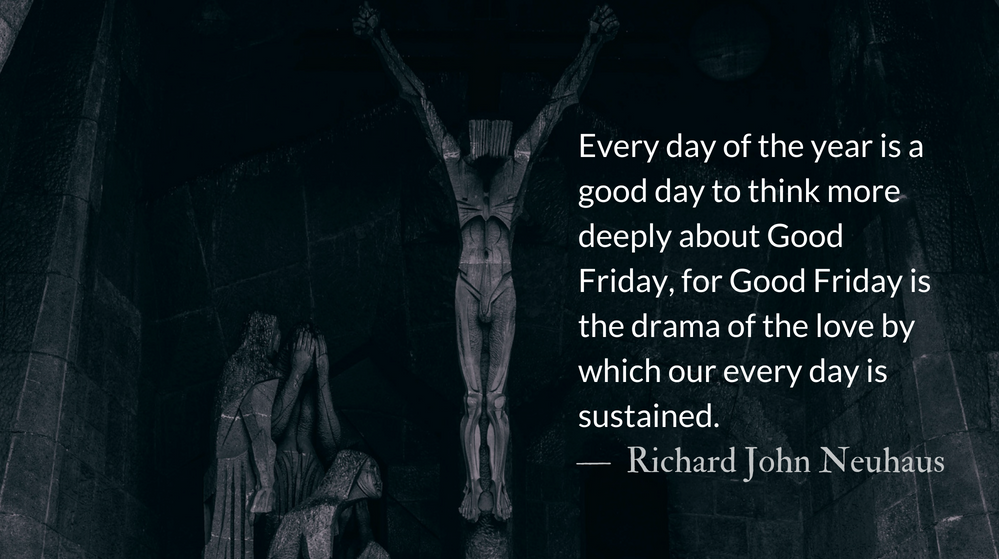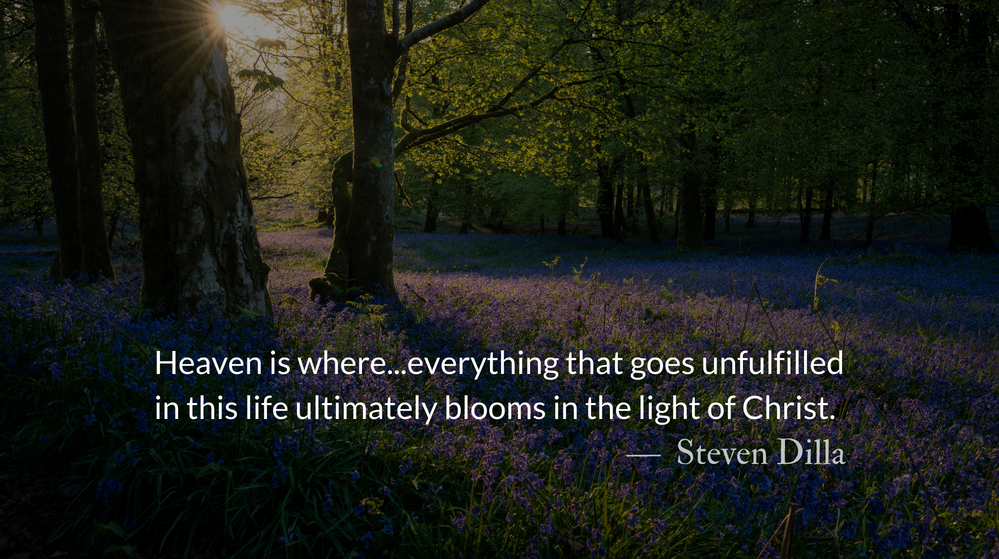Scripture Focus: 1 Peter 2.24-25
“He himself bore our sins” in his body on the cross, so that we might die to sins and live for righteousness; “by his wounds you have been healed.” For “you were like sheep going astray,” but now you have returned to the Shepherd and Overseer of your souls.
From John:
This week is Thanksgiving week in the United States. As we focus on giving thanks, we will look at ancient and modern poetry, writings, and prayers, offering praise and thankfulness to our God.
Reflection: Te Deum Laudamus
By Nicetas of Remesiana (5th Century)
Translated by John Dryden (1631–1700)
Thee, Sovereign God, our grateful accents praise;
We own Thee Lord, and bless Thy wondrous ways;
To Thee, eternal Father, earth’s whole frame,
With loudest trumpets sounds immortal fame.
Lord God of Hosts! For Thee the heavenly powers
With sounding anthems fill the vaulted towers.
Thy Cherubim thrice, Holy, Holy, Holy, cry;
Thrice, Holy, all the Seraphim reply,
And thrice returning echoes endless songs supply.
Both heaven and earth Thy majesty display;
They owe their beauty to Thy glorious ray.
Thy praises fill the loud Apostles’ choir;
The train of prophets in the song conspire.
Legions of martyrs in the chorus shine,
And vocal blood with vocal music join.
By these Thy church, inspired by heavenly art,
Around the world maintains a second part;
And turns her sweetest notes, O God, to Thee,
The Father of unbounded majesty;
The Son adored co-partner of thy seat,
And equal everlasting Paraclete.
Thou King of Glory, Christ of the More-High,
Thou co-eternal filial Deity;
Thou who to save the world’s impending doom
Vouchsaf’st to dwell within a Virgin’s womb.
Old tyrant death disarmed, before Thee flew
The bolts of heaven, and back the foldings drew,
To give access, and make Thy faithful way,
From God’s right hand Thy filial beams display.
Thou art to judge the living and the dead;
Then spare those souls for whom Thy veins have bled.
O take us up among Thy blessed above,
To share with them Thy everlasting love.
Preserve, O Lord, Thy people and enhance
Thy blessing on Thine own inheritance.
Forever raise their hearts, and rule their ways
Each day we bless Thee and proclaim Thy praise;
No age shall fail to celebrate thy name,
No hour neglect Thy everlasting fame.
Preserve our souls, O Lord, this day from ill;
Have mercy, Lord, have mercy still;
As we have hoped, do Thou reward our pain;
We’ve hoped in Thee—let not our hope be vain.
Divine Hours Prayer: The Request for Presence
Be my strong rock, a castle to keep me safe, for you are my crag and my stronghold; for the sake of your name, lead me and guide me. —- Psalm 31.3
– From The Divine Hours: Prayers for Autumn and Wintertime by Phyllis Tickle.
Today’s Readings
1 Chronicles 21 (Listen -5:03)
1 Peter 2 (Listen -3:48)
Thank You!
Thank you to our donors who support our readers by making it possible to continue The Park Forum devotionals. This year, The Park Forum audiences opened 200,000 emails with free, and ad-free, devotional content. Follow this link to join our donors with a one-time or a monthly gift.
Read more about Thanksgiving and Prayer
With one voice we offer you praise and thanksgiving; full-hearted, full-throated we sing you the hymn you have right to at this hour.
Read more about Thanksgiving in Times of Trial
The first Christians were thankful in suffering because their focus rested not on the storm around them, but on the solid rock of Christ.











